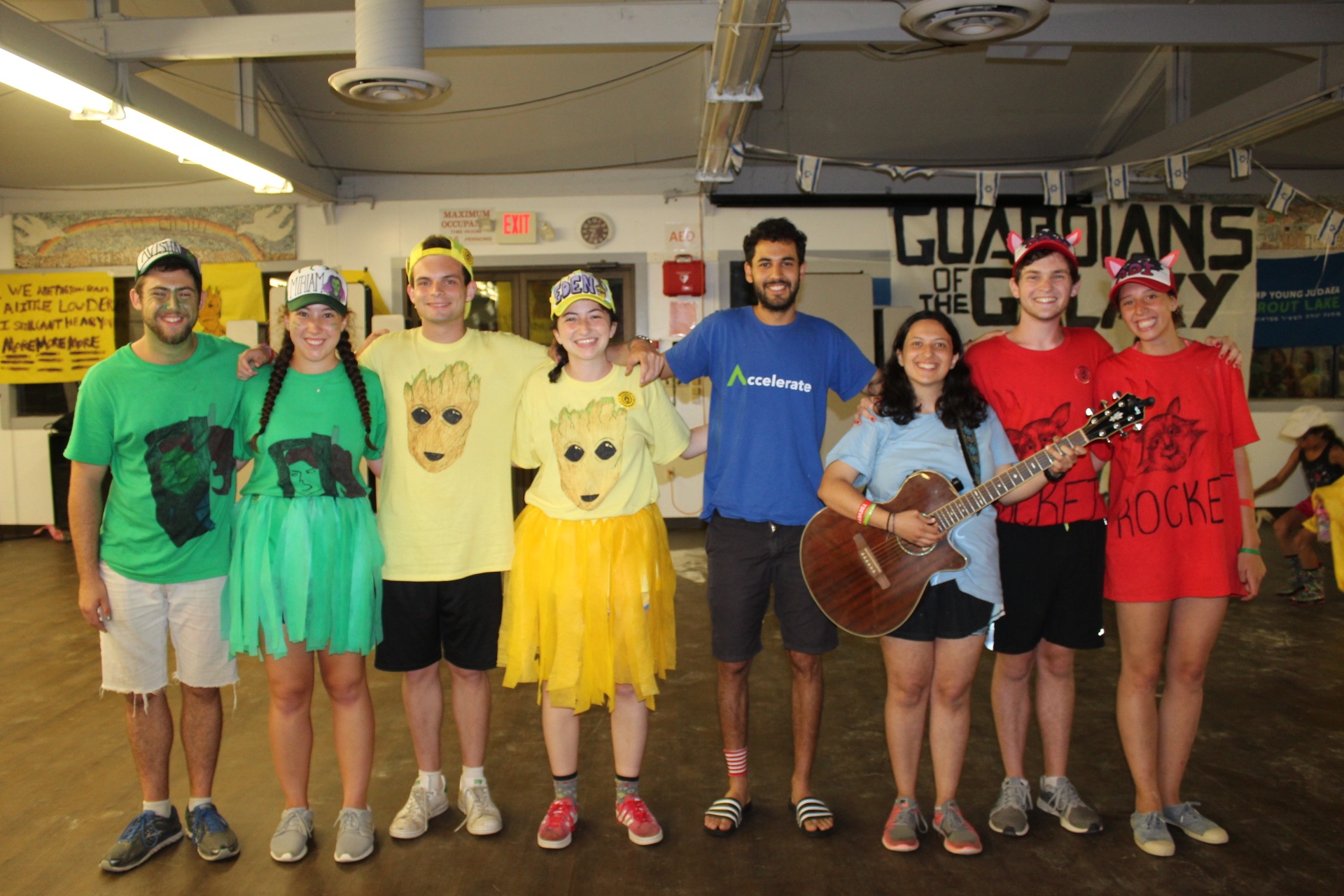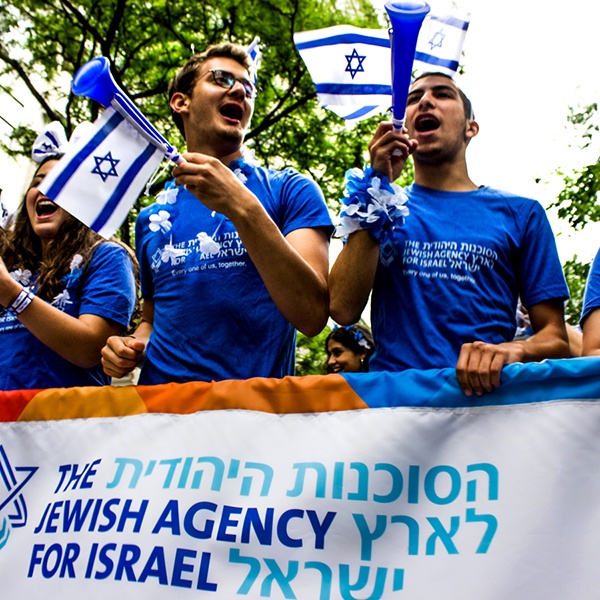
20 Aug A Global Jewish Exchange of Shlichim
- Copy Link
A Global Jewish Exchange of Shlichim
Typically Shlichim are Israeli emissaries serving in Jewish communities around the world. But with the new Ami Shlichim program, the Jewish emissaries serving in summer camps in North America are non-Israelis.
Ami Shlichim, which was launched this summer in partnership with Masa Israeli Journey, placed international Jewish young adults aged 19-26 with educational backgrounds in Jewish summer camps in Maryland, Ohio, Wisconsin, California, Pennsylvania, New York, New Jersey, Oregon, Michigan, Massachusetts, and Ontario, Canada. The Shlichim came from Russia, Ukraine, India, Argentina and Brazil. Two of those Shlichim were Ivan and Hernan.
Hernan, 25, grew up in a Jewish community in Buenos Aires. He studied Economic Science at the University of Buenos Aires and also studied musical composition for two years at Maimonides University. After graduating, Hernan decided to participate in the Masa career development program Israel Government Fellows. It was through Masa contacts that he learned about the opportunity to be a part of Ami Shlichim. Given his background, Hernan was asked to be a song leader at the Sprout Lake Young Judea camp in New York.
“The camp was an amazing experience. In my case, I really loved seeing the kids that didn’t sing at the beginning of camp start to feel more connected to the songs. By the end of the first session, they were singing loudly and with joy,” said Hernan.
Ami Shlichim is a great program that helps to create bridges between Jews from Israel and those all over the world... It is nice to be reminded that even if we live far away from each other, we are part of the same community.

Ivan, 31, (pictured below) was born in Vladimir, Russia. Over the last few years, he’s taken up yoga and baking. In October 2018, he moved to Israel for a Masa program where he learned Hebrew and interned in one of the most famous bakeries in Tel Aviv. Though he knew he was a bit above the age range, he was intrigued by the Ami Shlichim concept and applied anyway. To his delight, he was accepted and placed at Camp Airy in Maryland. His job at camp was to participate in cooking workshops and practice yoga with campers.
“I was a specialist, not a regular counselor, so I only interacted with kids interested in cooking workshops or yoga. But one of the campers wrote me a thank you note, even though we hadn’t spent much time together, which was very meaningful,” said Ivan. “And being at camp and experiencing the cultural exchange made me realize how important the Ami Shlichim program is.”
As for the future of Ami Shlichim, both Hernan and Ivan feel the new program is needed now more than ever.
“I feel that this disconnect between Jews from America and Israel is something that is growing. Ami Shlichim is a great program that helps to create bridges between Jews from Israel and those all over the world,” explained Hernan. “I came to this camp and I made new friends from America, Israel, Russia and Australia, and we had a wonderful cultural exchange. It is nice to be reminded that even if we live far away from each other, we are part of the same community.”
“With Ami Shlichim, there’s an opportunity for Jewish young adults from around the world to learn how big the Jewish community really is,” Ivan added. “And working with regular Shlichim who are Israelis bringing real information to the American and Canadian kids about Israel, its culture, people and traditions makes this cultural exchange a working model for all.”
